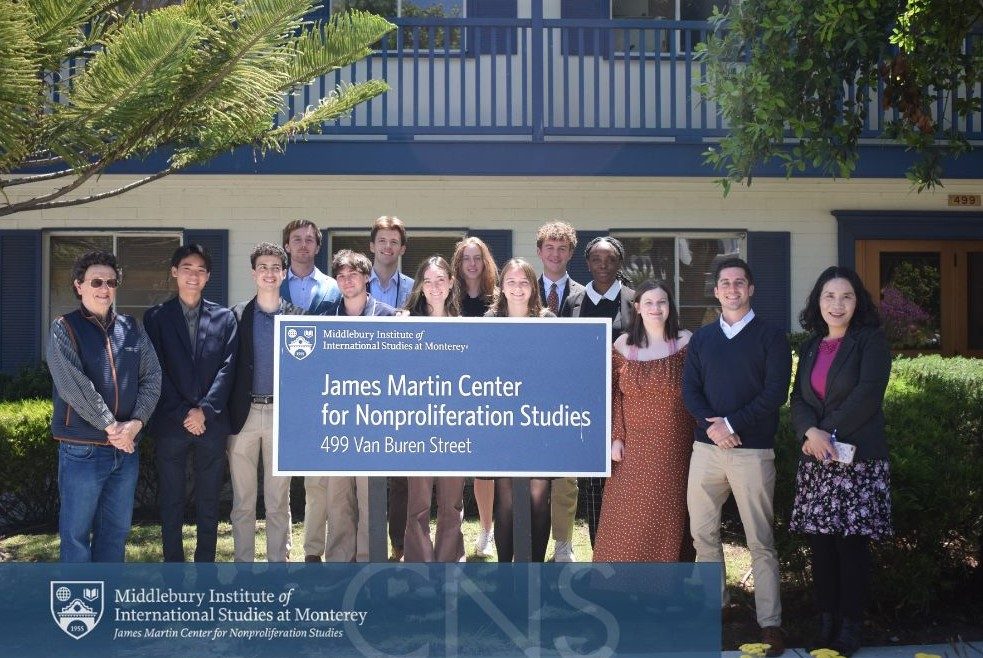Kyle Tucker recently finished his Bachelor of Arts in International Studies and Russian at the Indiana University Hamilton Lugar School of Global and International Studies. While studying in Bloomington, he was inspired by the legacy of former Indiana Senator Richard Lugar to pursue a career in nonproliferation and arms control affairs. While at IU, he helped organize a panel dedicated to nuclear issues during the school’s annual America’s Role in the World foreign policy conference. In addition to these topics, Kyle’s research interests include the former Soviet Union and international climate governance. This past fall, he represented IU at COP26, the UN’s annual conference on climate change. Kyle is very eager to study nuclear affairs as an Undergraduate Fellow this summer at CNS. He hopes to expand on the work he conducted at IU studying Russia’s nuclear weapons doctrine and the proliferation risk of nuclear energy. After this opportunity in Monterey, Kyle will continue to research these important themes and improve his Russian language skills in Almaty, Kazakhstan through the Russian Flagship Program. Outside of the classroom, Kyle enjoys reading, cycling, and listening to psychedelic music.
Final Presentation: The Legacy of Nunn-Lugar: A Retrospective of Cooperative Threat Reduction

The fall of the Soviet Union also meant the disintegration of the Soviet military-industrial complex—opening a window of opportunity for the misuse and dissemination of nuclear weapons, delivery vehicles, and scientific knowledge. US Senators Richard Lugar and Sam Nunn, recognizing this problem, urged a greater appreciation for nuclear nonproliferation in the post-Cold War world. The adoption and subsequent expansion of their Cooperative Threat Reduction Program (CTR) was a remarkable success, eliminating thousands of weapons-related materials and systems. The bulk of these achievements occurred in the territory of the former Soviet Union, including Russia, Ukraine, and Kazakhstan. Kazakhstan in particular is still a long-time partner in global nonproliferation efforts. Despite these successes, the current war in Ukraine and Russia’s withdrawal from the agreement highlight the rocky future of bilateral threat reduction programs. CTR efforts will be much more difficult in an era of renewed Great Power competition but should not be deemed entirely hopeless. In this project, I analyze several positive and negative attributes of the CTR regime and consider how the examples of Russia and Kazakhstan provide ideas for improving CTR in future US nonproliferation efforts. (Please view his essay and its summary.)



